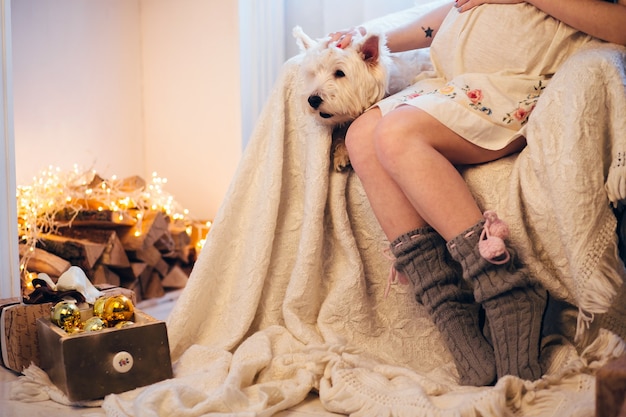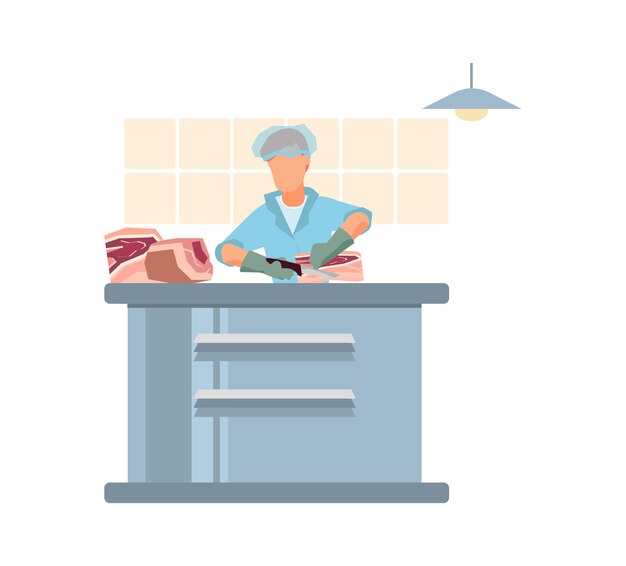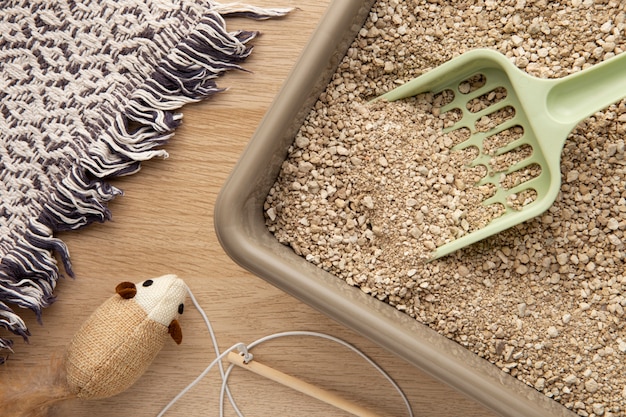Senior Pet Care Tips for Dogs & Cats | PetVet Animal Hospital


Just like humans, pets go through changes as they age. Gray hairs, slower movements, and even behavioral shifts can start appearing in dogs and cats as early as seven years old. These signs are normal, but they also signal a need for more attentive, proactive care.
At PetVet Animal Hospital, we understand that senior pets require a different approach than puppies or kittens. Our goal is to help your older dog or cat maintain quality of life, avoid unnecessary discomfort, and enjoy their golden years by your side.
One of the most common age-related issues we see is arthritis. Joint stiffness, limping, reluctance to jump or climb stairs, and slower movement can all point to joint pain. Arthritis doesn’t just affect mobility—it can affect your pet’s mood, appetite, and overall wellbeing. Fortunately, there are ways to help. We often recommend nonsteroidal anti-inflammatory medications (NSAIDs), joint supplements like glucosamine, and laser therapy to reduce pain and inflammation.
Beyond mobility, nutrition plays a major role in aging pets. Senior pets often need fewer calories, but more targeted nutrients to maintain muscle and support organ function. Weight gain or loss, changes in digestion, or dental disease can all affect how your pet absorbs nutrients. Our veterinarians can help recommend senior-specific diets that support energy levels, joint health, and kidney or liver function as needed.
Routine exams are more important than ever during your pet’s senior years. We typically recommend exams every six months, rather than once a year, because conditions like kidney disease, diabetes, thyroid imbalance, and cancer are more common with age. These checkups may include bloodwork, urinalysis, and blood pressure monitoring to catch issues early and give your pet the best chance at successful treatment.
Behavioral changes can also occur. Some senior pets experience a form of cognitive decline, similar to dementia in humans. Symptoms might include disorientation, increased vocalization, house soiling, or anxiety. These changes aren’t always obvious, and they’re often mistaken for "just getting old." But there are treatments and lifestyle adjustments we can suggest to improve your pet’s comfort and mental sharpness.
Dental health becomes even more important in older pets. Tooth pain, gum disease, and infections can make it hard for your pet to eat or contribute to health issues elsewhere in the body. We regularly check senior pets for oral disease and can perform safe dental cleanings with modern monitoring and anesthesia tailored for older animals.
Most of all, senior pets need your patience and love. Their needs may be different now—they might not run as fast, see as clearly, or jump as high—but the bond you share is just as strong. Simple things like orthopedic beds, ramps, easy-access food bowls, and gentle walks go a long way in supporting their comfort.
Every senior pet is unique, and at PetVet Animal Hospital, we’re here to create a care plan that reflects their individuality. Please call us at (317) 792-8919 or give us a quick visit at our hospital today. Aging may be inevitable, but with proper support, it can be a chapter filled with joy, dignity, and closeness.



















